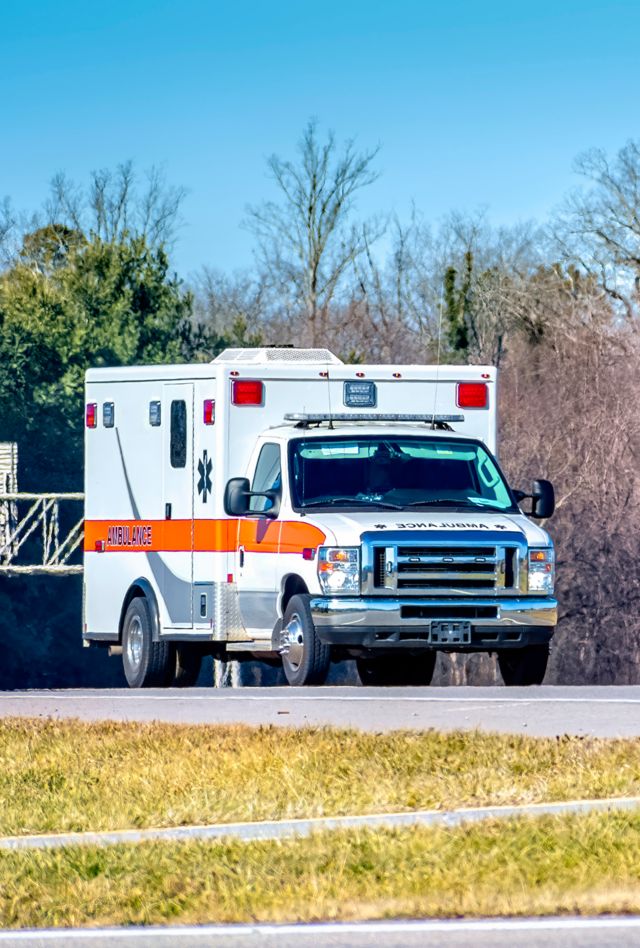Frontier Community Health Integration Project

Problem
Low patient volumes and high fixed costs make it difficult for frontier critical access hospitals to maintain financial viability to meet essential health care needs.
Frontier critical access hospitals (CAHs), found in low-population counties (six or fewer residents per square mile) in Montana and North Dakota, face declining patients and high fixed costs. To address this challenge, they are piloting three waivers to support community needs and financial stability. The Centers for Medicare and Medicaid Innovation (CMMI) extended its Frontier Community Health Integration Project (FCHIP) with external assistance to evaluate outcomes. The project aims to improve rural health care by expanding telehealth, swing bed, and ambulance services at participating CAHs.
Solution
NORC’s Walsh Center staff serve as rural health subject matter experts, monitoring guidance updates and providing technical assistance to keep providers up-to-date.
The NORC Walsh Center for Rural Health Analysis is a member of a larger Actuarial Research Corporation team which is implementing and monitoring FCHIP’s extension. The team is supporting CAH participants as they implement the model, including liaising between them and CMMI to swiftly resolve challenges. We are also examining whether and how well FCHIP’s programmatic goals were achieved.
NORC is specifically tasked with providing updates on emerging opportunities, such as new billing codes to support care coordination, that may support the implementation efforts of FCHIP providers. We are also responding to requests for guidance from CAH participants and connecting FCHIP participants and CMMI staff to potential rural solutions to support health care transformation.
Result
Our findings will help the Centers for Medicare & Medicaid Services (CMS) better meet the essential health care needs of frontier Medicare beneficiaries.
Our contributions will provide CMMI with important insights into the impact of FCHIP’s telehealth and other services on beneficiaries, providers, and Medicare expenditures. Specifically, it will help inform future CMS payment and delivery policies and future rural health models, for the ultimate benefit of Medicare beneficiaries and other patients residing in sparsely populated areas.
Learn More
Find out more about the project on the Rural Health Innovation Hub (RHIhub) website
Related Tags
Project Leads
-
Alana D. Knudson
DirectorPrincipal Investigator -
Shena Popat
Senior Research Scientist









